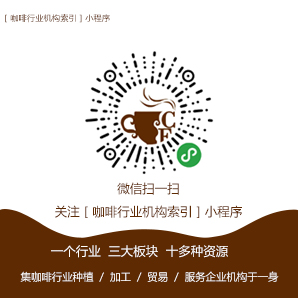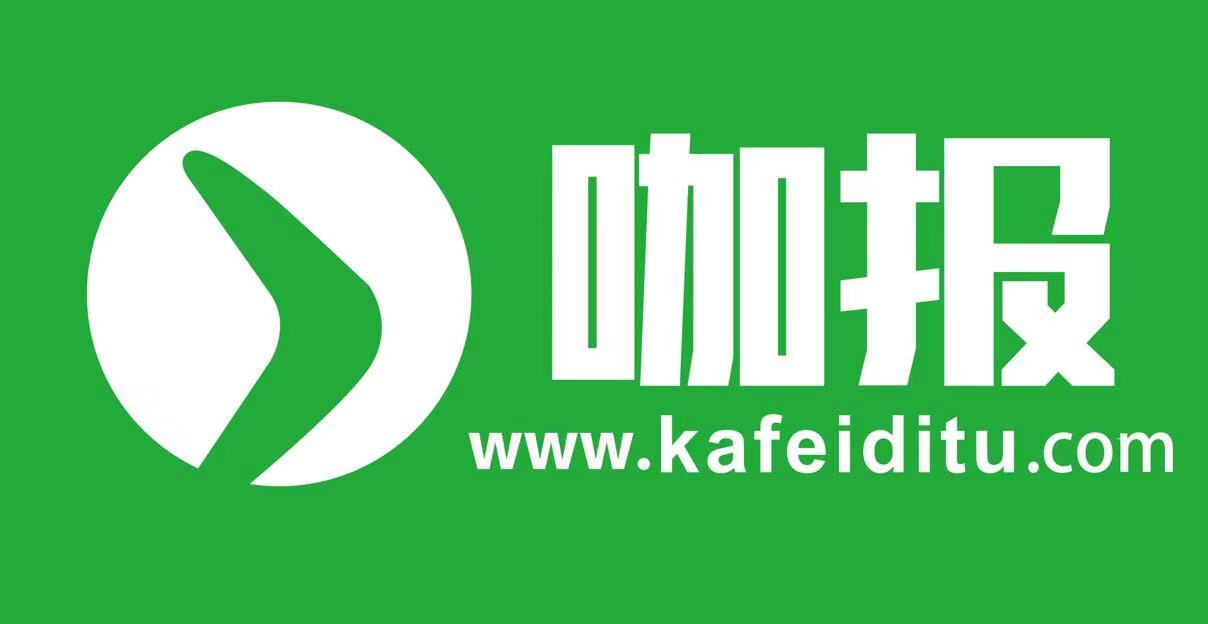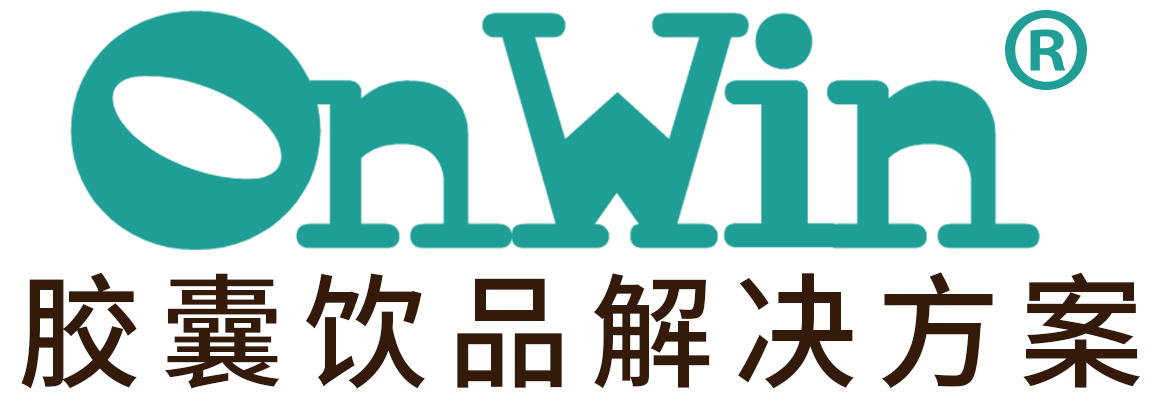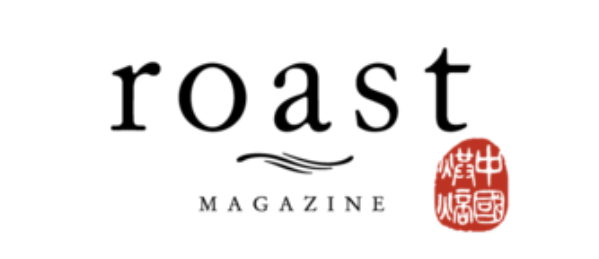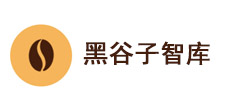2024-04-01 10:05:08
In December 2023, China had overtaken the US as the largest branded coffee shop market on the planet after growing a whopping 58% to reach 49,691 outlets.
Coffee is becoming a daily ritual for many Chinese coffee consumers. With recent strong price competition in the market, coffee is developing beyond an ‘aspirational lifestyle product’, particularly in the highly developed east coast provinces where the market is most mature.
With a population of 22 million, Shanghai is the epicentre of China’s flourishing coffee shop market. There are estimated to be more than 8,000 coffee shops in the vast city according to a mid-2022 report by food delivery company Meituan, which would make it among the most densely populated coffee metropolises on the planet.
Send More Coffee
Despite breath-taking outlet growth, China’s total forecast coffee consumption of five million 60-kg bags for 2024 pales in comparison to the 20 million consumed in the US every year. However, while coffee consumption in the US and Europe is growing around 4% annually, the 2023 China Urban Development Report published by CBN Data and Metuin shows China’s total consumption grew 57% between 2019 and 2023.
With the high population density in China’s metropolises, even if consumers only buy one espresso per week while sitting in a café all day, those operators can still generate a profit.
How Foreign Brands Can Succeed in China
With the vast market moving at lightning pace with aggressively expanding domestic operators, gone are the days when Western brands can trade solely on prestige garnered at home.
In the past, foreign coffee shop chains dominated the Chinese market, but now homegrown coffee shops have proliferated across the country and pose stiff competition for their international counterparts.
Understanding and adapting to the preferences of younger, health-conscious consumers, as well as catering to diverse local tastes and preferences, is crucial. In addition to understanding consumer preferences, operators will also need to gain a deep understanding of Chinese culture. Business practices are deeply rooted in both corporate hierarchy and traditional social networks, with a fluid interchange between the two.

California-based Blue Bottle Coffee is one international brand seeking a share of China’s super premium specialty segment. The Nestlé-backed boutique operator opened its first store in Hong Kong in 2018 and in 2022 made its mainland China debut with a store in Shanghai that opened to seven-hour-long queues.
“We took our time entering China and we are still at the beginning of our journey and planting roots for the future,” says Blue Bottle CEO Karl Strovink.
For Strovink, understanding Chinese consumers’ strong willingness to try novel new experiences guides the brand’s positioning in the country. “Those acquainted with specialty coffee seek a consistent, high-quality experience but remain open to discovering new offerings and novelties”, he says, citing strong demand for seasonal lattes, such as the Saffron Vanilla Latte.
As with Blue Bottle stores around the world, integrating local heritage into store design has been essential in China. “Our Yutong Cafe, housed in a historic 1920s building, seamlessly blends old and new, while our Zhang Yuan Cafe draws inspiration from the region’s Shikumen heritage.
“While we have a global lens, our local teams are instrumental to our ability to integrate into new markets and offer locally relevant products.” One example is Blue Bottle’s Scallion Oil Waffels, which fuse the brand’s signature Liège waffle with local flavours.
What Chinese Consumers Want
China’s branded coffee shop market has a rich ecosystem of apps to facilitate pre-ordering, delivery, payment and targeted promotions. More than 85% of Chinese consumers surveyed by World Coffee Portal in 2023 had pre-ordered or ordered coffee shop delivery in previous 12 months, with 57% preferencing beverage delivery over visiting a coffee shop.
Operated by tech giant Tencent, WeChat is often described as China’s ‘everything app’ due to its multiple functions – from social media to e-commerce, dating and maps. The app has more than 810 million registered accounts in China and enables coffee chains to facilitate pre-ordering, delivery, payments and promotions.
WeChat operates food and beverage marketplace Meituan, which has around 75 million monthly active users and nearly three million annual takeaway coffee users in Shanghai alone. E-commerce giant Alibaba’s Alipay is a major competitor to Tencent’s WeChat and focuses solely on payments. Alibaba also offers a rival food and beverage app, Ele.me, which has around 68 million monthly active users.
Major coffee chains, including Luckin Coffee, Starbucks, McCafé, NOWWA, and Yongpu Coffee all collaborate with both Meituan and Ele.me for ordering, payment and marketing. Baidu Delivery, local services app Koubei, map provider, Amap and online shopping platform, Taobao are also used by coffee operators.
Digital is one of the features that makes China the most compelling consumer market in the world. Personalisation and digitalisation are embedded into Chinese consumers’ daily lives and there is a high expectation for brands to respond accordingly.
Social media platforms like WeChat, Yelp-styled Dianping and Xiaohongshu (Little Red Book) – a luxury lifestyle photo-centric app with 100 million users – have turned coffee shops into aspirational stages projected to millions. This user-generated content “plays a key role with users sharing reviews and recommendations,” Vivi adds.
Generation Z has grown up with coffee culture as a daily part of their lives and are today fuelling new viral coffee trends, including big brand collaborations and outlandish coffee recipes.
Unlike in the US and Europe, fruit-infused and flavoured coffee is commonplace in China. There is also a growing trend for brand collaborations, such as Luckin Coffee’s tie-up with Kweichow Moutai, a popular Chinese alcoholic spirit and Cotti Coffee’s Wuchang Rice Milk latte. Never one to be outdone, in February 2024 Starbucks introduced its very own pork-flavoured latte to celebrate Chinese New Year.
-
Luckin Coffee: Q3 revenue exceeded 10 billion and the average number of monthly trading customers was 79.85 million
2024-10-31 11:04:48
-
From Luckin Coffee's 9.9 yuan for a cup of coffee, and now Lucky Coffee will price a cup of coffee 6.6 yuan.
2024-09-29 17:10:25
-
NOWWA Coffee received 12 million yuan in financing
2024-09-09 17:21:02
-
“male purchasing power subversion cognition around the country sold out in seconds, the system almost crashed”
2024-08-20 16:36:31
-
Luckin Coffee's total net revenue in the second quarter of 2024 over 8.4 billion yuan, an increase of 35.5%
2024-08-02 17:28:35
市场时间
- 美国ICE交易所
- 美国NYMEX交易所
- 欧洲ICE交易所
咖啡价格
01月29日收盘价
| 交易所 | 品种 | 价格 | 货币 | 单位 |
|---|---|---|---|---|
| 美国ICE | 咖啡指数 | 357.45 | 美分 | 磅 |
| 美国ICE | 阿拉比卡07 | 357.45 | 美分 | 磅 |
| 美国ICE | 阿拉比卡09 | 354.80 | 美分 | 磅 |
| 欧洲ICEU | 罗布斯塔07 | 4,439 | 美元 | 吨 |
| 巴西现货咖啡 | 日晒阿拉比卡 | 2,650 | 雷亚尔 | 60公斤 |
| 巴西现货咖啡 | 罗布斯塔 | 1692.53 | 雷亚尔 | 60公斤 |
| 哥伦比亚现货咖啡 | 水洗阿拉比卡 | 764.86 | 美元 | 125公斤 |
| 越南现货咖啡 | 罗布斯塔 | 130,600 | 越南盾 | 千克 |
| 美国ICE | 可可指数 | 10,177 | 美元 | 吨 |
| 美国ICE | 可可07 | 10,177 | 美元 | 吨 |
| 美国ICE | 可可09 | 9,337 | 美元 | 吨 |
| 外汇市场 | 美元指数 | 99.0155 | 美元 | 美元 |
| 外汇市场 | 巴西雷亚尔 | 5.5622 | 雷亚尔 | 美元 |
| 交易所库存数量 | 美国ICE | 822,021 | / | 袋 |
| 交易所库存数量 | 欧洲ICEU | 4,245 | / | 袋 |
关键词搜索












